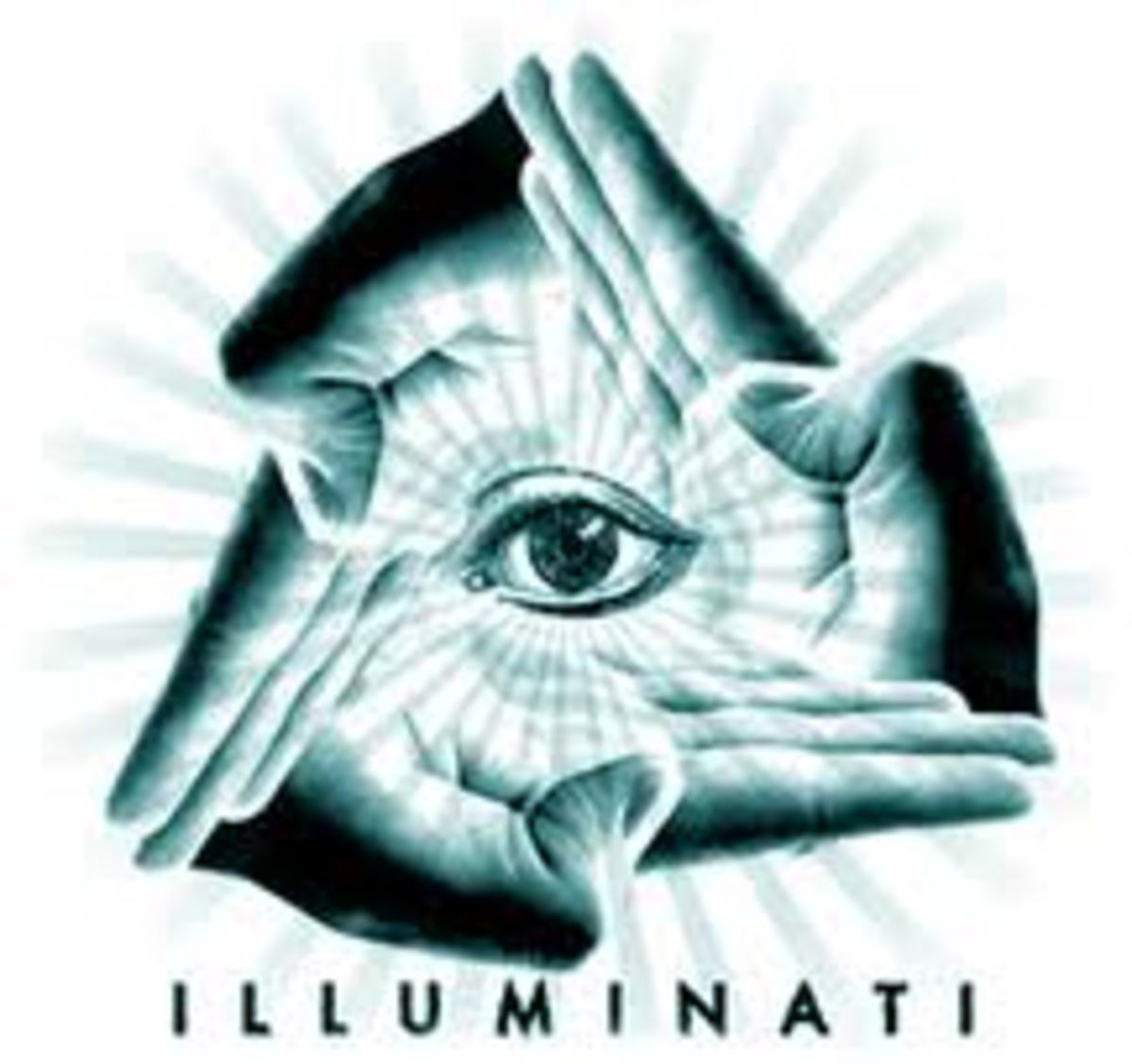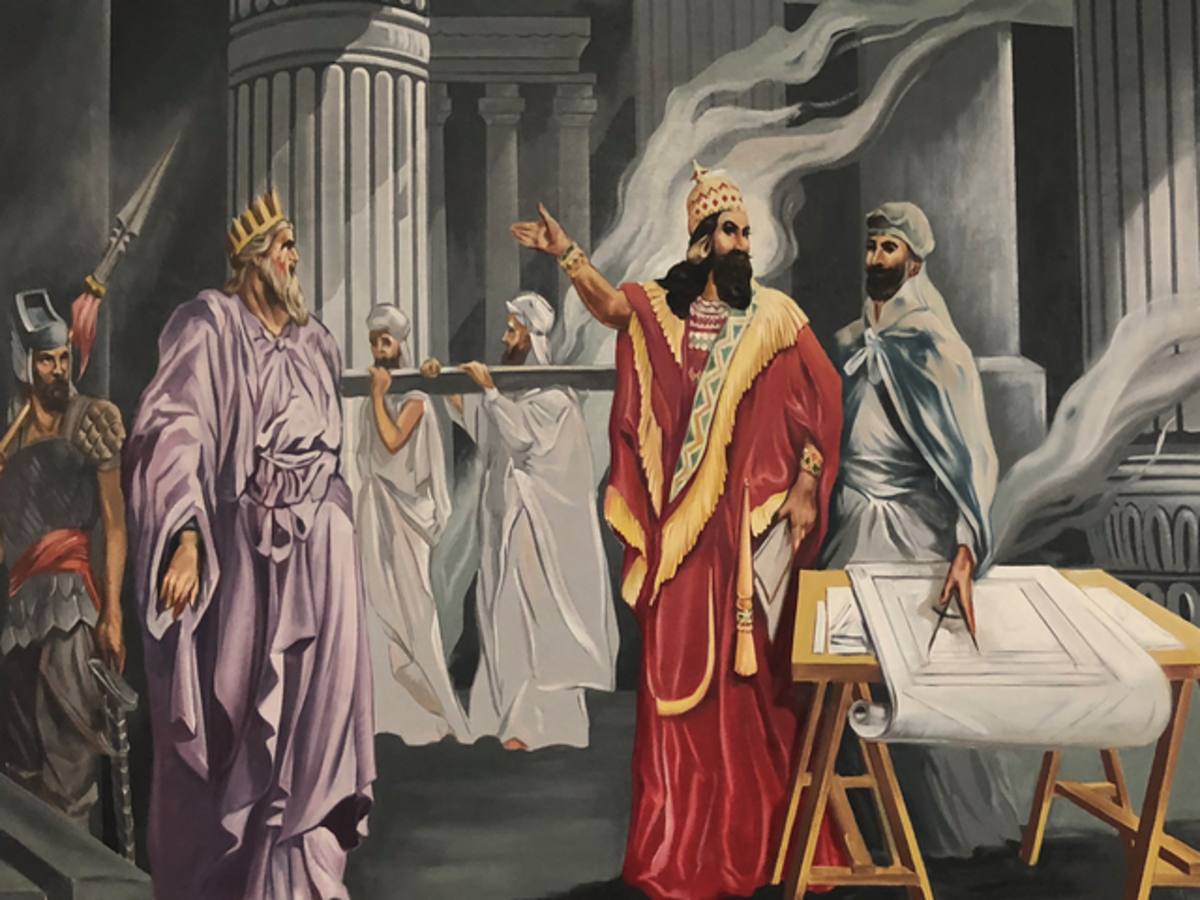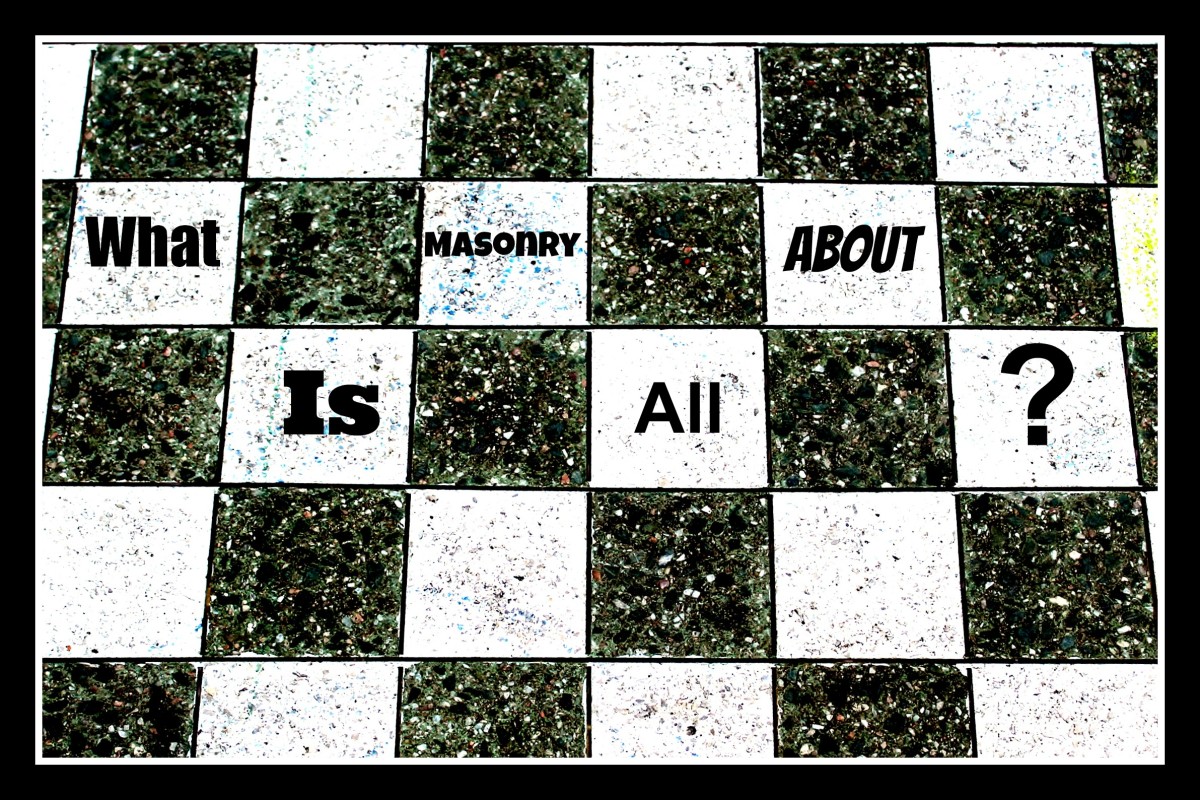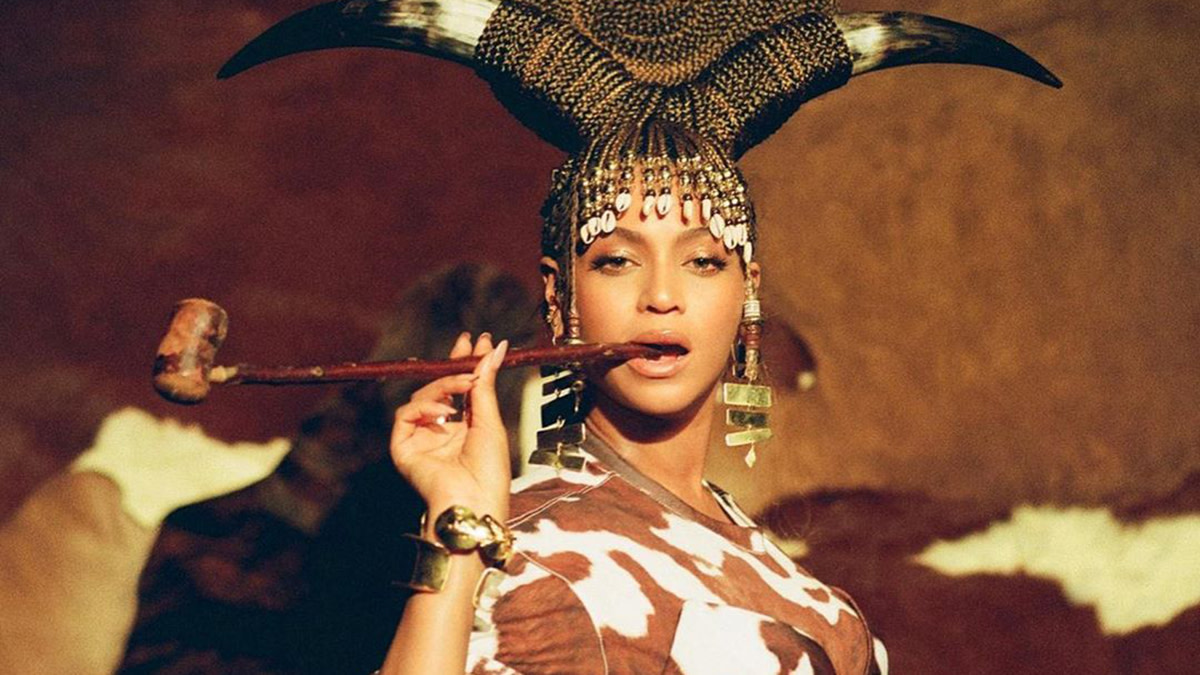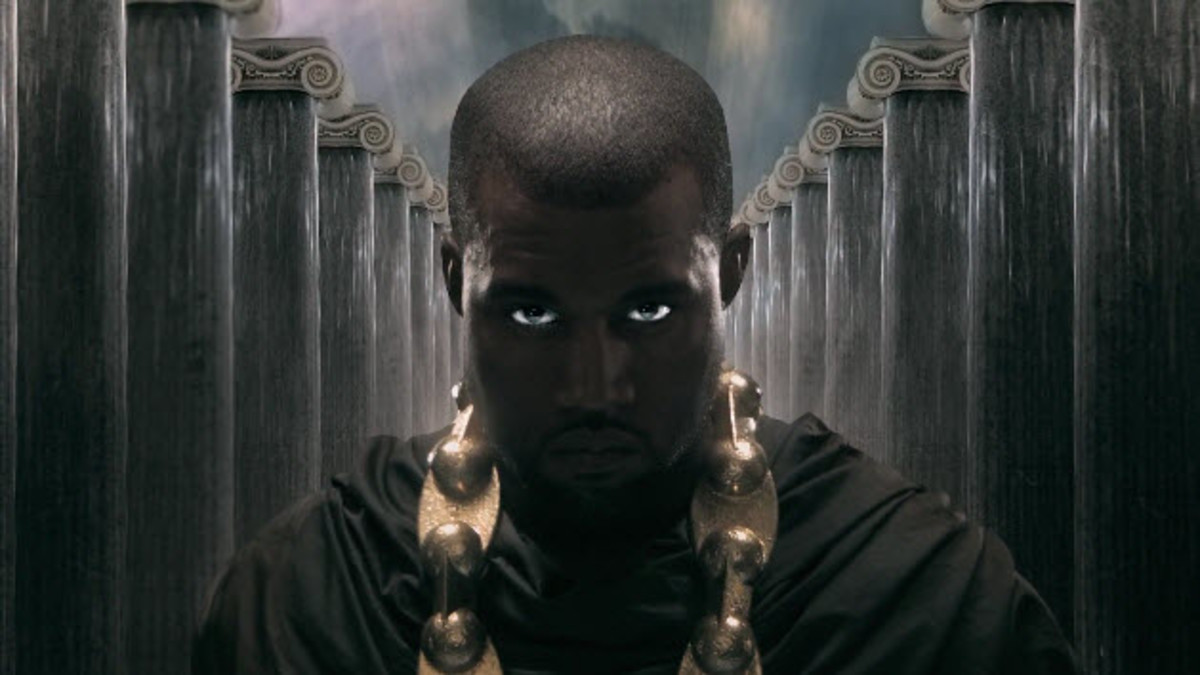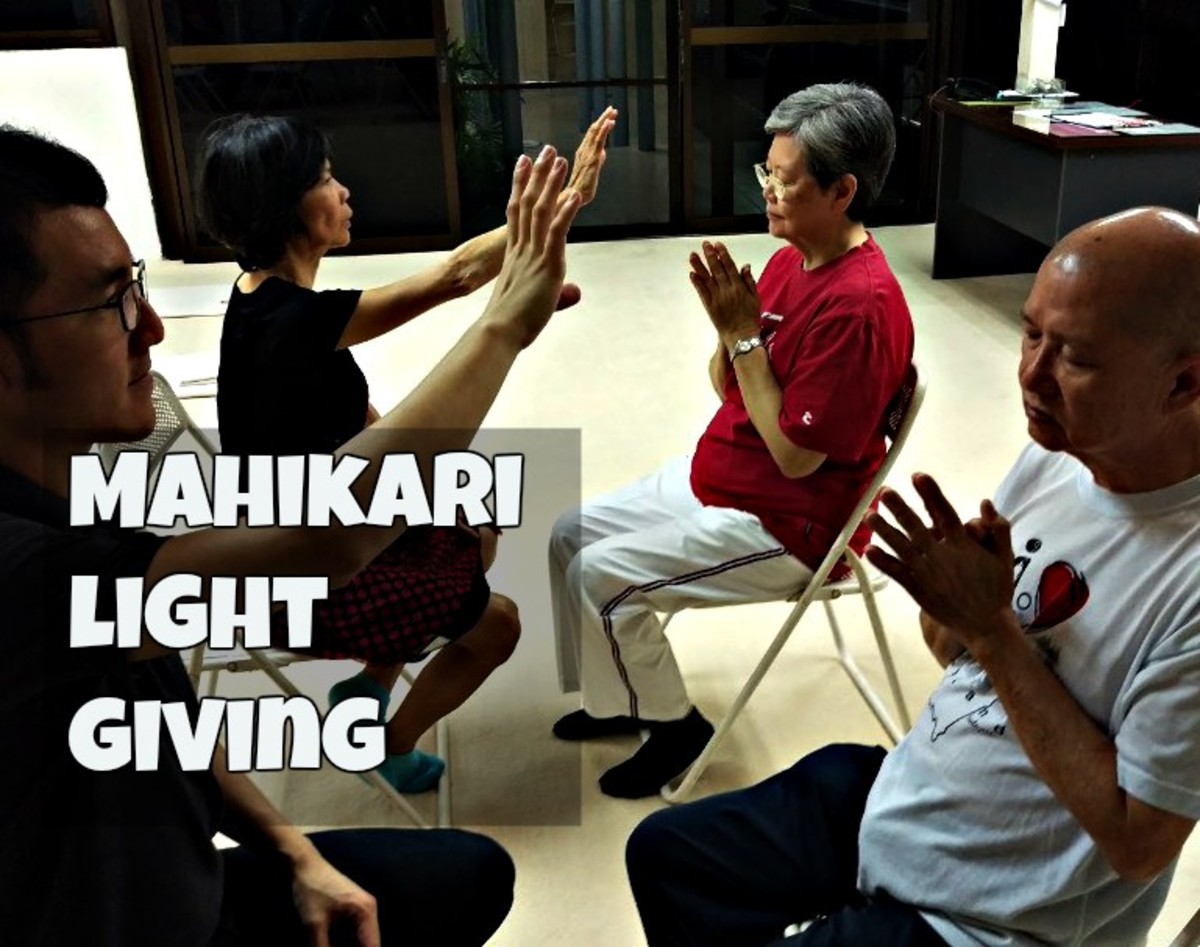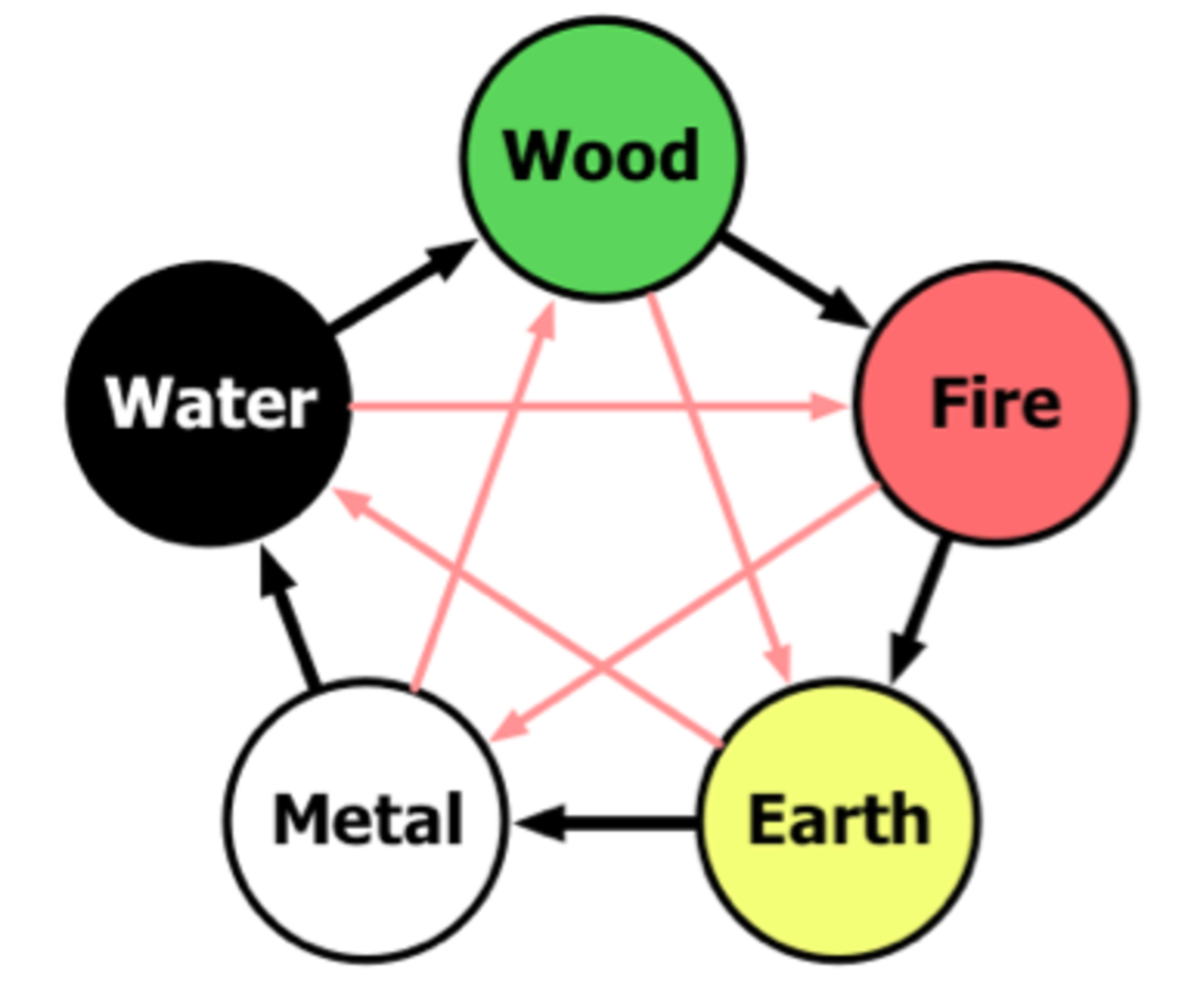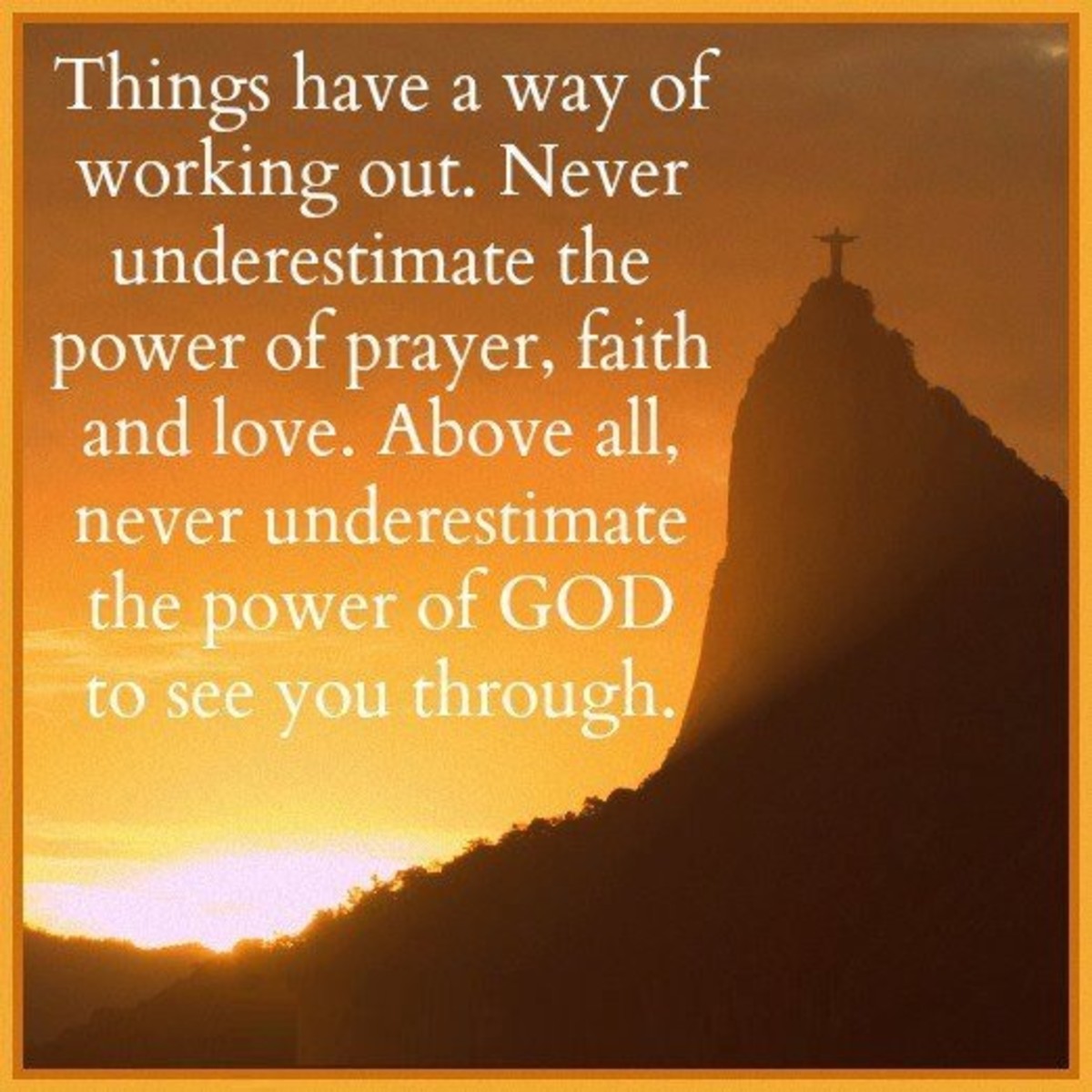Who Are The Freemasons and How Do You Become One?
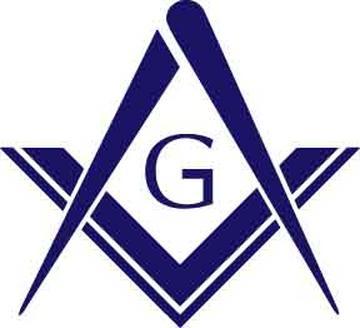
The Freemasons...Who are they?
The Freemasons...the "Lodge"...the Shriner's. Who exactly are these men? What do they do? Are they plotting to take over the world? Have they already? Do they possess some hidden secret or symbol that makes them special? Or are they just a fraternal organization made up of men who want to study to improve themselves in order to help their fellow men and women? Read along with me as I examine what I find as I research the Freemasons.
History Of Freemasonry
Famous Freemasons
In the video above,which was posted originally on Youtube by Freemasons in the state of Texas,we can see that a lot of the famous men and leaders of our country and the world were Masons. How could these heroes and leaders be part of something if it was the insidious plot to enslave mankind that some claim? True, none of these men were perfect but they did make their marks on society for good. As in all organizations there were and probably are those who are involved or have been involved in Masonry who were are aren't so good and some who were actually evil (Stalin, Lenin, Marx, Crowley were a few infamous former masonic members). But does the good or evil done by one who is a member or an organization make that group suspect? One probably needs to sort the truth from the unfounded rumors and outright lies about the Freemasons and their aims before making a choice. The best place to start is most probably the start. Just how did Freemasonry begin?
Albert Pike - Widely Viewed by Many as An Evil Face of Freemasonry
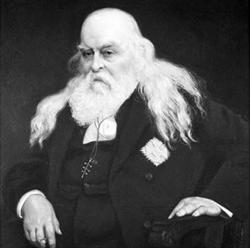
Albert Pike and The "Lucifer" Statement
“Lucifer, the Light-bearer! Strange and mysterious name to give to the Spirit of Darkness! Lucifer, the Son of the Morning! Is it he who bears the Light, and with its splendors intolerable, blinds feeble, sensual, or selfish souls? Doubt it not!”
This quote, taken from the Masonic book "Morals and Dogma"by former Confederate General Albert Pike is often cited to "prove" that the Freemasons actually worship Lucifer (another title for Satan - The Biblical Devil). Many believe that the Masons are the descendants of another secret society which was called The "Illuminati" and as such are plotting to take over this world and establish a "New World Order". Many Fundamentalist Christians and Conspiracy Theorists claim that The Freemasons worship The Devil in the form of something called Baphomet and that Masonry comes down from the Knights Templar, a group of crusader warriors who were burned at the stake for worshiping Satan and practicing sorcery.
The Origins of Freemasonry
No one knows with certainty how or when the Masonic Fraternity was formed. A widely accepted theory among Masonic scholars is that it arose from the stonemasons’ guilds during the Middle Ages. The language and symbols used in the fraternity’s rituals come from this era. The oldest document that makes reference to Masons is the Regius Poem, printed about 1390, which was a copy of an earlier work. In 1717, four lodges in London formed the first Grand Lodge of England, and records from that point on are more complete.
Within thirty years, the fraternity had spread throughout Europe and the American Colonies. Freemasonry became very popular in colonial America. George Washington was a Mason, Benjamin Franklin served as the head of the fraternity in Pennsylvania, as did Paul Revere and Joseph Warren in Massachusetts. Other well-known Masons involved with the founding of America included John Hancock, John Sullivan, Lafayette, Baron Fredrick von Stuben, Nathanael Greene, and John Paul Jones. Another Mason, Chief Justice John Marshall, shaped the Supreme Court into its present form.
Over the centuries, Freemasonry has developed into a worldwide fraternity emphasizing personal study, self-improvement, and social betterment via individual involvement and philanthropy. During the late 1700s it was one of the organizations most responsible for spreading the ideals of the Enlightenment: the dignity of man and the liberty of the individual, the right of all persons to worship as they choose, the formation of democratic governments, and the importance of public education. Masons supported the first public schools in both Europe and America.
During the 1800s and early 1900s, Freemasonry grew dramatically. At that time, the government had provided no social "safety net". The Masonic tradition of founding orphanages, homes for widows, and homes for the aged provided the only security many people knew.
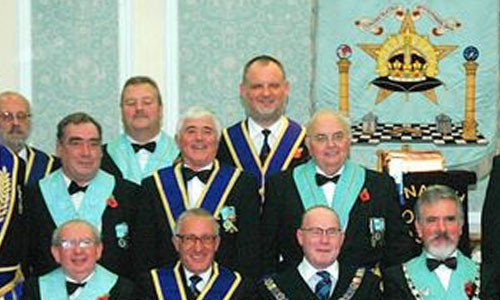
What Do Freemasons Do?
Why do men join the Masonic Lodge? What purpose does it serve? As with most organizations, men join the Lodge to be part of something. They join to better themselves. They join to help others as well.
Who Was Capt. William Morgan?
William Morgan was a resident of Batavia New York who sought to join the Masonic lodge and for some reason was denied. Angered by his denial, Morgan decide to publish an expose of the Lodge's rituals and so called "secrets". After threatening to publish the book "Illustrations Of Masonry", Morgan was arrested,kidnapped and then killed. Morgan's disappearance ignited an outrage and a public outcry, which resulted in the formation of an "Anti-Masonic" Party. The popular belief is that the Freemasons drowned Morgan for betraying the Order. Morgan's disappearance is often cited by those who are against Freemasonry.
Want To Become A Freemason?
Why Do Some Object To The Freemasons?
Freemasonry is the world's oldest and largest Fraternity. While its traditions look back earlier, Masonry in its current form appeared when its public events were noticed by the residents of London, England in 1717. Although Masonry, particularly in its earliest days, had elements of secrecy, the first 'exposure' of the supposedly highly-secret Masonic ritual actually appeared in 1696 - twenty one years BEFORE the founding of the first Grand Lodge nearly three hundred years ago.
That exposure marked the beginning of (now) more than 300 years of objections to the organization. Why? There are, surely, many causes: jealousy, fear of the unknown, superstition, bigotry, or a dozen more. The objections can be generally grouped into three categories
A number of people object to Freemasonry (often quite vocally) on a religious basis, claiming that Masonry is a religion, supplants their religion or is not 'the way to {their idea of} Heaven'. In addition, many religious leaders with 'marginal' credentials (a degree received by mail from a non-accredited religious school, for example) need to create other 'areas of interest' to provide their congregations with fodder for inquiry thereby never giving them time to critically consider the shaky theological background of their leader. The major causes of the world's hurts (famine, war, etc.) are simply too amorphous and could cause dissent. Focusing on what they define as a 'false religion' allows them to bring their flock together against a common and easily identifiable enemy. Finally, Freemasonry encourages toleration - something that dictators of nations and of local church groups particularly fear.
Some object to Freemasonry on social grounds arguing that it is creating or part of a 'New World Order' - even if they can't provide a single scintilla of proof. The 'boogey-man' is always a convenient enemy. They'll argue too that Freemasonry is related to the Ku Klux Klan, that it protects its own members, or that it demands secrecy even to the point of murdering violators - again without tangible proof. These broad and often ambiguous claims shift and turn, never providing a single specific target against which responses can be mustered.
Other
There are miscellaneous other objections, including objections to the supposed foolishness of Masonic rituals and secrecy. When the larger issues are insufficient to prove a point - or when someone is desperate for attention, they use 'proof by verbosity', tossing in all sorts of snarky comments about "rolled-up trouser legs" etc. Anything at all to 'divert the discourse'....
Who Can Be A Freemason? How?
What are the requirements to become a Freemason?
The requirements to join Freemasons, are:
- You must be a man of good repute.
- In most U.S. states, you must be over the age of 21. Some states vary, so you will need to ask.
- You must believe in a Supreme Being. (This is a requirement in the majority of jurisdictions around the world.)
- You must be able to support yourself and your family.
- You must live a moral and ethical life.
- You must have a strong desire to want to make a difference in the world. By your actions, you want to make yourself a better man, and make your community and the world a better place to live.
What will I gain if I become a Free Mason?
- 1. You will never again be truly alone, because you are a part of a brotherhood of men who want to see you prosper in all ways possible and if it is within their ability, they will help you to do so.
- 2. You will learn to focus your energies upon an upright and truthful life, and remove the more negative excesses which all of mankind must continually resist.
- 3. If you become a Free Mason, you will become a better man, if you truly wish to study and learn.
How do I begin the process to become a Free Mason?
- 1. In the United States, you may look in the telephone book for the phone number of a Masonic lodge near you, however, it is highly probable no one will be there to answer your call because lodges usually only meet twice a month, during a week day, in the evening.
- 2. If you find a man who has a bumper sticker that says: 2B1Ask1, you may ask him to provide you a petition. He probably won't have a petition for Masonic admission with him, but if you give him your name and phone number, he will contact a member of his lodge, who will contact you.
- 3. However, the easiest way to begin the process to become a Free Mason is to contact your state or country's Grand Lodge. You may call them or fill out their website form and request that they have someone contact you.
Then what happens?
- Arrangements will be made to meet you, personally, to discuss Freemasonry.
- A committee of members from the Lodge, which are called the Investigative Committee, will contact you to arrange a meeting.
They will answer any questions you may have. If the meeting is mutually satisfactory; you will be asked if you wish to fill out a petition form. - The Investigative Committee performs inquiries of others as to your character. In the United States, this may take a few weeks. In most other countries around the world, this thorough investigative process may take up to 2 years.
- Your request for membership will be balloted upon by the lodge's members.
- You will be advised of the date of your admission.
The true Purpose of Freemasonry
Sites Dealing With Freemasonry
- FREEMASON SYMBOLS - The Meanings of Freemasonry\'s Masonic Symbols.
These Freemason Symbols and numerous more, connect Freemasons to their rich heritage from the past. Masonic symbols and meanings assist you in understanding Masonic symbology. - What is a Mason
- HowStuffWorks "The Freemasons and the Knights Templar"
The Knights Templar could be linked to the Freemasons, according to some theories. Learn about the connection between the Knights Templar and the Freemasons. - HOW TO BECOME A FREE MASON - Joining the Masonic fraternity.
How do you become a Free Mason? What does it entail to join the Freemason fraternity? - FREEMASONS Magazine | PS Review of Freemasonry
Freemasons Magazine written by Master Freemasons. Read research papers on Freemasonry History, Freemason Symbols, Freemasons Secrets and Masonic Books. - Freemasonry Watch - Is the Devil in the details? | Freemasons News | Freemason Information
- Anti-Masonry: Points of View
Anti-Masonic positions from several viewpoints. This site explains it all!
Some Books About The Freemasons
"When Is A Man A Mason?"
"When is a Man a Mason"
M -When he can look out over the rivers, the hills, and the far horizon with a profound sense of his own littleness in the vast scheme of things, and yet have faith, hope and courage--which is the root of every virtue.
A -When he knows tat down in his heart every man is as noble as himself, and seeks to know, to forgive, and to love his fellowmen.
S -When he knows how to sympathize with men in their sorrows, yea, even in their sins--knowing that each man fights a hard fight against many odds.
T -When he has learned how to make friends and to keep them, and above all how to keep friends with himself.
E -When he loves flowers, can hunt the birds without a gun, and feels the thrill of an old forgotten joy when he hears the laugh of a little child.
R -When he can be happy and high minded amid the meaner drudgeries of life.
: When star-crowned trees, and the glint of sunlight on flowing waters, subdue him like the thought of one much loved and long dead.
M -When no voice of distress reaches his ears in vain, and no hand seeks his aid without response.
A -When he finds good in every faith that helps any man to lay hold of divine things and sees majestic meanings in life, whatever the name of that faith may be.
S -When he can look into a wayside puddle and see something beyond sin.
O -When he knows how to pray how to love how to hope.
N -When he has kept faith with himself, with his fellowman, with his God; in his hand a sword for evil, in his heart a bit of song--glad to live, but not afraid to die! Such a man has found the only real secret of Masonry, and the one which it is trying to give all the world."
----Joseph Fort Newton----
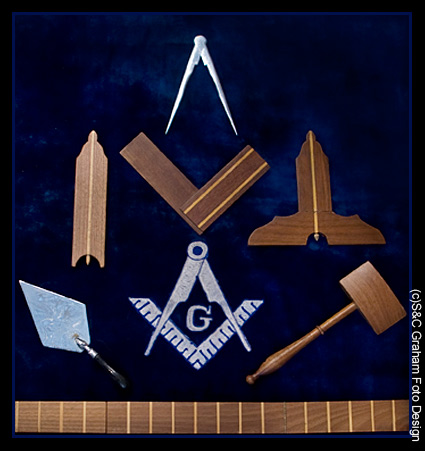
ARE FREEMASONS SATANISTS?
Are Freemasons Satanists or Luciferians?
No.
Few masonic writers will say Freemasons are luciferians, none will say they are Satanists. They use "luciferian" to denote a spirit of enquiry and a search for knowledge, wisdom and truth; not as a form of worship. The terms "lucifer" and "luciferian" do not appear in any accepted ritual or lecture of Freemasonry


